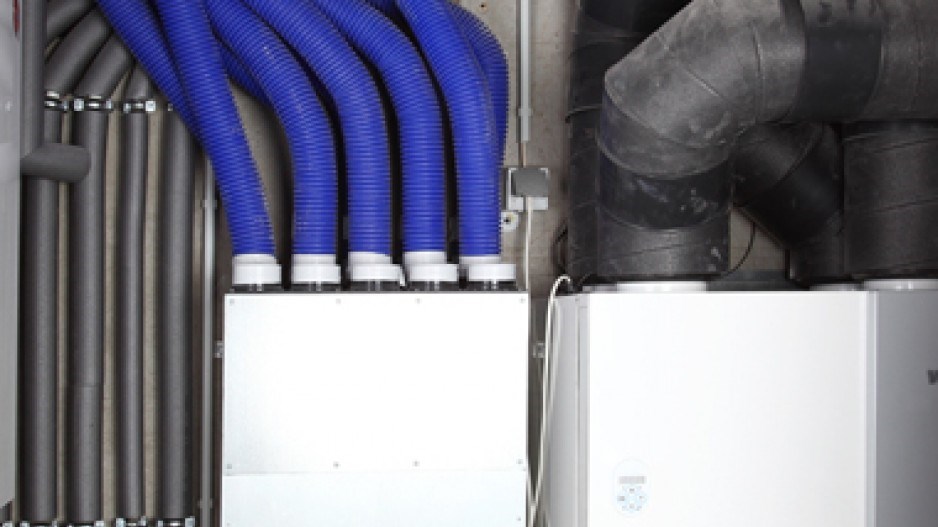A new energy system that combines natural gas and ground source heat for Delta schools will help the school district hit its mandated carbon-neutral targets.
The school district and FortisBC are investing $6.4 million in a new heating system that will see 19 schools retrofitted with a combination of energy-efficient boilers and systems that extract heat from the ground called geoexhange systems.
The project includes the conversion of existing thermal plants to geoexchange systems with backup "peaking" gas boilers at 11 schools, and the replacement of conventional boilers with high-efficiency ones at eight other schools.
This new system will reduce the district's reliance on natural gas, and is expected to reduce the school district's energy footprint by 45%.
FortisBC is paying the lion's share of the capital cost – $5 million – with $1.4 million coming from a grant through the Public Sector Energy Conservation Agreement (PSECA). FortisBC will build, own and maintain the energy system, with the Delta School District paying FortisBC a regulated utility rate.
The PSECA program was set up to help school districts, hospitals and other public agencies cope with the cost of meeting mandated carbon-neutral targets.
Failing to meet carbon-neutral targets have resulted in school districts and health districts being fined hundreds of thousands of dollars, with the money going to the Pacific Carbon Trust and into the private sector in the form of carbon credits.
The Delta School district has been paying roughly $100,000 in Pacific Carbon Trust offsets.
"This project marks a win-win for all collaborators by providing quality, efficient energy and also showing the possibilities of sustainable thermal energy solutions within British Columbia," said Doug Stout, vice president of energy solutions and external relations for FortisBC, said in a press release.
The new system is expected to be in place and operational by 2014.




